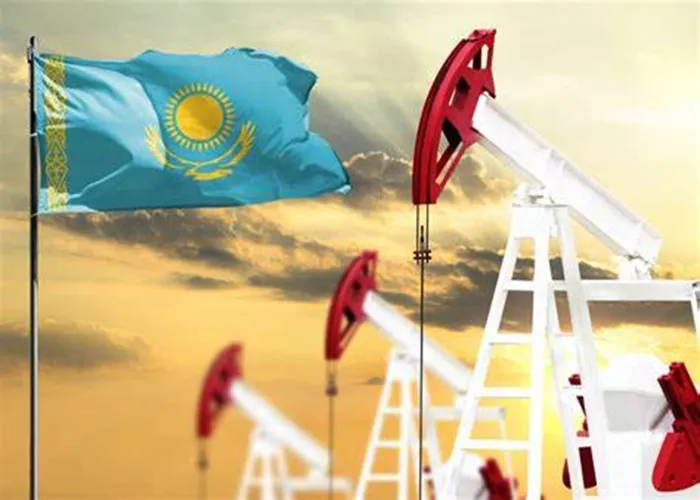Kazakhstan remains committed to its plan to increase oil production next year, despite potential tensions with its OPEC+ partners, who are currently focused on output cuts to stabilize global prices.
At a government meeting in Astana on Tuesday, Prime Minister Olzhas Bektenov instructed the Energy Ministry to accelerate efforts to boost both oil and natural gas production, emphasizing that 2025 oil output must meet the country’s ambitious targets. Kazakhstan plans to produce 97.2 million metric tons of oil in 2025, a goal set in August.
This move comes amid significant shifts in OPEC+’s production policy. In response to weaker global oil prices, the cartel recently decided to delay its planned output increase from January until April 2025. The group will also slow the pace of production hikes and extend its output cuts for another year beyond initial expectations.
Kazakhstan’s oil production plans could add fuel to the ongoing strain within OPEC+. The country has already faced criticism from Russia and Saudi Arabia for not fully adhering to the production cuts agreed upon earlier this year. Kazakhstan has also been unable to compensate for overproduction, further complicating relations with the producer group.
However, Kazakhstan’s ability to ramp up oil production stems from a $48.5 billion development project led by Chevron at the Tengiz oil field, which is set to begin operations in the second quarter of 2025. This will contribute to an expected increase of 9.4 million metric tons, or approximately 190,000 barrels per day, in the country’s output next year.
Despite Kazakhstan’s optimistic outlook, the OPEC+ agreement caps its output growth at no more than 41,000 barrels per day in 2025, potentially even less when factoring in its compensation cuts. The country’s oil production has been unpredictable, with 2024 output now expected to reach only 87.8 million metric tons, falling short of the original forecast of 90.3 million metric tons. In 2023, the government had projected production of 95.4 million metric tons.
This shortfall, compounded by declining crude prices, has strained Kazakhstan’s economy. Deputy Prime Minister Nurlan Baibazarov recently announced that the national budget will fall short by 2 trillion tenge ($3.8 billion), forcing the country to dip into its national oil fund to cover the gap. This move has intensified inflationary pressures.
In response to these challenges, the International Monetary Fund (IMF) urged Kazakhstan in October to take “urgent action” to strengthen its fiscal policies to safeguard economic stability.
Related topic:
OPEC+ Warns of U.S. Oil Surge if Trump Returns

